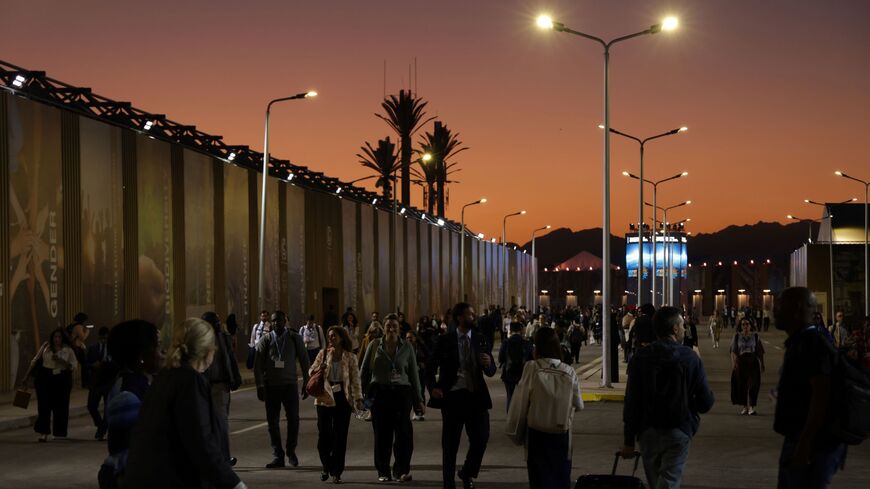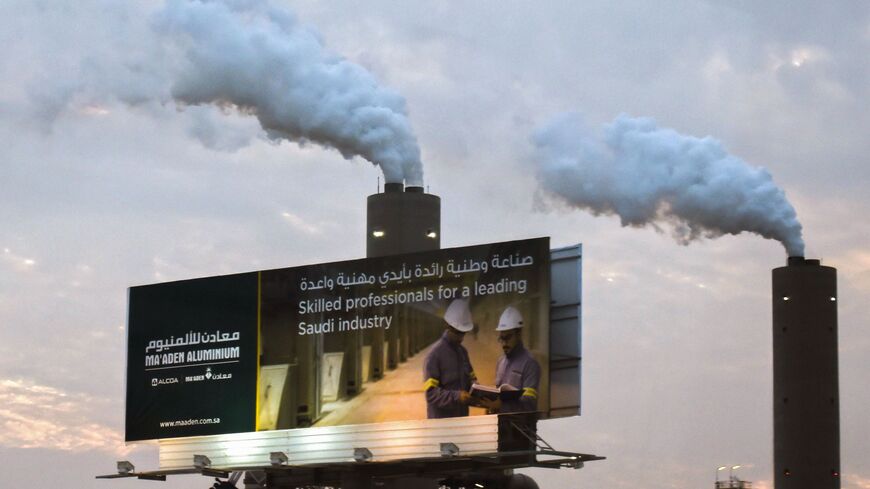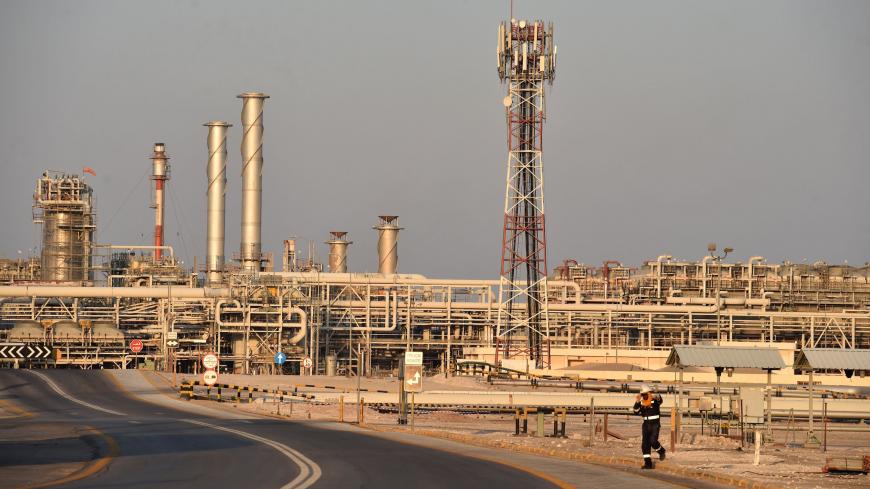Saudi Arabia's carbon credit exchange: climate action or greenwashing?
Sixteen firms, including Aramco, Saudi Airlines, Saudi Electricity Company and NEOM subsidiary ENOWA, bought more than 2.2 million tons of carbon credits in Nairobi on Wednesday.

DUBAI — Saudi Arabia’s Regional Voluntary Carbon Market Company (RVCMC) announced this week the launch of its 2024 carbon credit exchange as it hosted the world’s largest voluntary carbon credit auction in Kenya. The moves have sparked a debate on whether Saudi Arabia’s carbon giant is embracing climate action, or just seeking public relations stunts by the major oil-producing country.
RVCMC Chair Rania Nashar said the move is in line with Saudi’s larger initiatives on clean energy.
"The Regional Voluntary Carbon Market Company is a key enabler to address today's energy transition creatively and responsibly as part of PIF's [Saudi Public Investment Fund] efforts to address the effects in climate change aligned with Saudi Arabia's wider initiatives to achieve net zero in 2060," Nashar said.
About 16 firms — including Aramco, Saudi Airlines, Saudi Electricity Company and giga-project NEOM subsidiary ENOWA — bought more than 2.2 million tons of carbon credits in Nairobi on Wednesday in a historic first, according to the organizer, RVCMC. The firms spent $6.27 per metric ton of carbon credits, adding up to an estimated total of $14.74 million.








